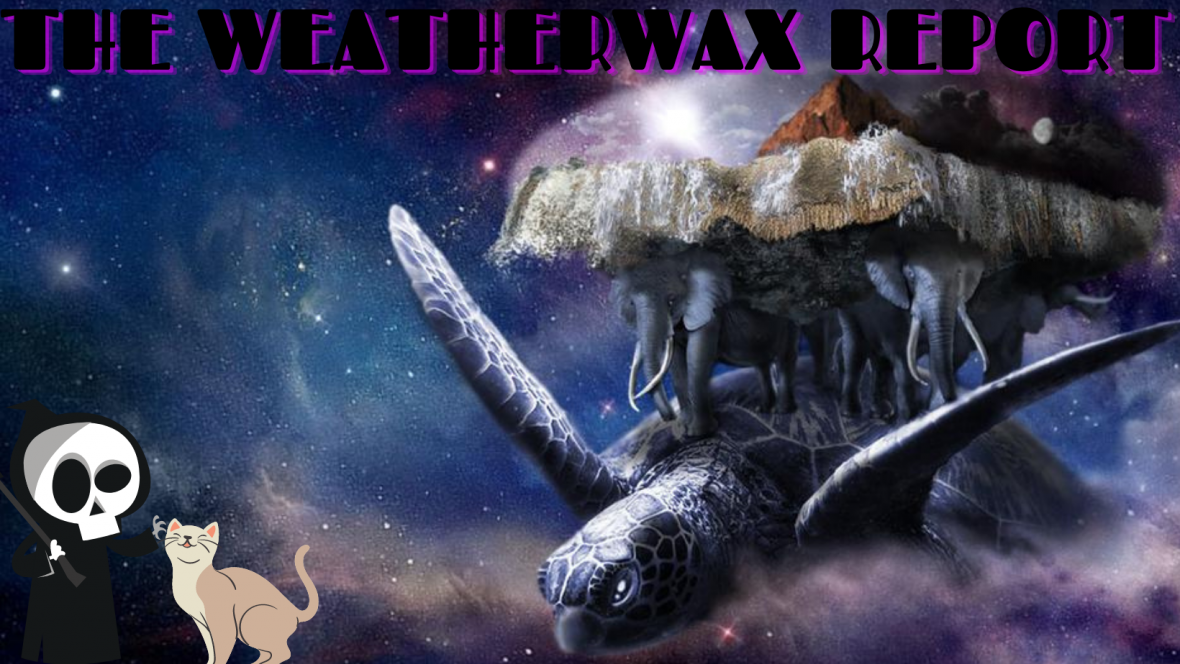The only reason I picked this book up was for r/fantasy’s Bingo Challenge – to read a non fiction booked based on Fantasy
On the cover it said it was written by the person who created the Dothraki language for the tv show Game of Thrones, based on GRRM’s A Song of Ice and Fire series – I adore ASOIAF so I picked it up. I’m a little disappointed it had very little to do with Dothraki or Valyrian – probably a total of 30 pages for the whole book. The rest of it WAS interesting though, and I learned a ton of stuff considering I have no background in linguistics.
The book starts off with some background on created/constructed languages – the first known language that was consciously constructed was created by Hilegard Von Bingen – named Lingua Lingua. She thought her language creation was dictated to her by god, and had some interesting word choices Ie: Zirzer meaning “anus”.
It briefly went over the history of other constructed languages, but focused on Esperanto which is the most wide spread Auxiliary Language known today – which was created in an attempt to make a widely known alternative language for international use.
Tolkien was one of the first people to create a language not based on ‘god’ or on and attempt for global communication, and was entirely focused on a fictional world. He actually didn’t just create a language, but a language family – which is mirrors what happens in real life ie: romance languages. Two of his most widely known languages are Quenya and Sindarin which both share a common ancestor language – Quendian.
The first person ever hired to create a language for tv/film was Victoria Fromkin for the show Land of the Lost (1974). Paku was unfortunately not featured as much as she would have liked, and so it doesn’t get as much credit as it deserved.
The book spent a fair amount of time talking about Conlanger culture and the rise of the Conlang website Conlang Litserv. One of the past times many conlangers enjoy is translating each others languages and giving feedback – but it works like an exaggerated version of the game telephone where some of the paragraphs translated end up hilariously warped.
There was a whole chapter dedicated to the different sounds that are used or exempt from certain languages and what makes a language sound ‘harsh’ or ‘flowing’ to English speakers.
A large chapter in the book went over how we physically make sounds without really being aware of it, large amounts of terminology in this chapter” Oral Stops, Fricative, Affricate, Nasal Stops, flap/Tap, Trill, Lateral etc. Since describing how we do this doesn’t come across easily through text, the author spends a lot of time making up ‘throat experiments’ so you can understand what it is he’s saying.
One of the throat experiments used to explore the meaning of “Backness, Height, Rounding, and Openness” asked you to pay attention to what happens when you say Meet, Mate, Met, Moot, Moat – as an example of “openness”.
Sign language was also addressed in the book, and I felt a little embarrassed that I didn’t know there were multiple types of sign language, not just ASL – for example Britain as BSL, and France as FSL. That chapter also briefly went over Deaf Culture, and I was woefully ignorant about many aspects of that as well.
There was a chapter that briefly touched on what alien languages may sound like or what body parts outside of a mouth and larynx may be used ie: clapping. Technically, humans have the capability of using claps as a ‘letter’ in our languages but we just don’t.
It wasn’t until page 90 that the author went over how he went about creating Dothraki, and it was over by page 97 – so if you don’t like ASOIAF or GoT – this may appeal to you, I was a little disappointed though. By page 199 though he addresses Valyrian, and that went a little more in depth even though he only had 6 words and 2 sentences from the original text to create a language. The two sentences were Valar Morhulis – all men must die. And Valar Dohaeris – all men must serve. From there he created an entire language, pretty impressive.
The latter half of the book concentrated a lot on the evolution of language and how English ended up with words like knight vs night, and how the written language was developed and evolved.
The last chapter of the book focused on a written language he helped develop for the show Defiance.
I actually know Alienese from the show Futurama, which is a very simple 1 for 1 replacement code for English. I thought that was nerdy… unfortunately Alienese didn’t get mentioned in the book. Not a surprise considering it’s really not a language but just a code.
All in all I enjoyed this book, but it was EXTREMELY technical, I’d say about 10% of the page space was dedicated to terminology and charts. I had to take notes and re-read and reference things all the time. It took me a while to make it through this book – I did however enjoy myself and I thought about things that never occurred to me before. This book would have way more appeal to linguists – and may bore the shit out of people who have 0 background in this sort of subject.


